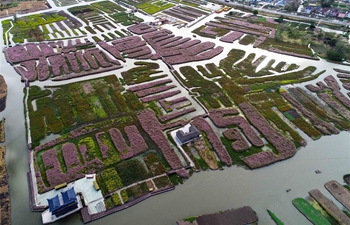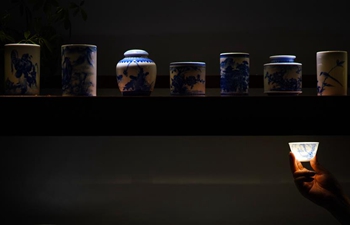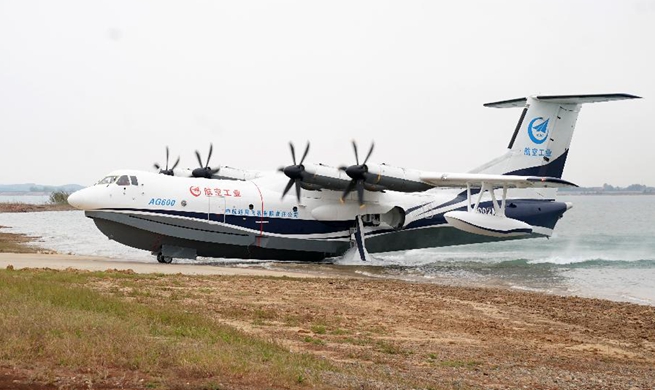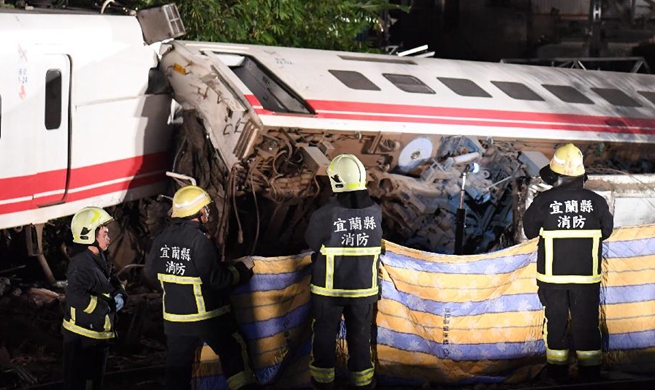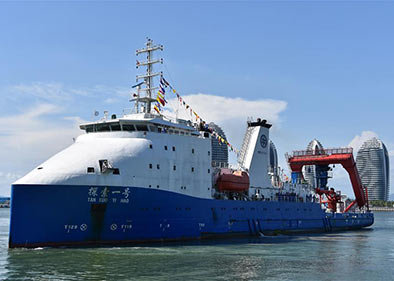BRUSSELS, Oct. 21 (Xinhua) -- Following Chinese Premier Li Keqiang's speech at the 12th Asia-Europe Meeting (ASEM) Summit, European experts called on Eurasian countries to collectively safeguard the global multilateral trade system and oppose rising unilateralism and protectionism.
While addressing the meeting here on Friday, Li said Eurasian countries are all beset by unilateralism and the only way for them to handle global challenges is to uphold multilateralism with joint efforts.
The premier's emphasis on multilateralism is of great importance in a world challenged by protectionism and unilateralism, said Claudia Vernotti, founder and director of China-EU Association for Digital.
"It is the responsibility for both Europe and China to join efforts to make sure that multilateralism could be sustained," said Vernotti, who believes actions to boost cooperation and dialogue is pretty much needed.
"I think it (multilateralism) is also in line with the spirit of ASEM Summit, which is about to find common goals, to solve the common challenges," said the expert.
As for global economic recovery, Li's speech attached great importance to openness in development and treasured the multilateral trading system based on rules.
He said the adjustments and improvements to rules of the World Trade Organization should adhere to basic principles, including the idea of free trade, so as to promote global economic prosperity and narrow the gap between the South and the North.
Li's remarks were hailed by Dennis Pamlin, founder of Sweden-based consultancy 21st Century Frontiers, who believed that "we need an open and fair economy."
"A transparent and open system that focuses on narrowing the gap between the rich and the poor is absolutely necessary," said Pamlin.
Gai Lin, secretary-general of the European Parliament's EU-China Friendship Group, said "China can serve as a bridge between developed countries and developing ones."
Gai hoped China could propose more initiatives for closer cooperation between the East and the West and expected the country to offer its solutions for emerging economies to reduce their differences with developed countries and to achieve win-win results in economic globalization.
In the speech, Li also called for promoting "hard connectivity" of infrastructure to build networks of transportation, industries, and logistics across Asia and Europe.
Meanwhile, he said, involved countries should also enhance "soft connectivity" of systems, policies, rules and standards in order to stimulate vigor of elements such as capital, technology, services and data.
Vernotti said she really likes the premier's comment of both the hard and soft aspects of connectivity.
The connectivity of railways and bridges are important, "but the best railway or the best transport in our connection might be a waste if you do not have also the soft connectivity behind it," the expert said.
Gai believed Li's speech sets the direction for Eurasian cooperation. "It is a further explanation of the building of a community with a shared future for mankind and will promote the cooperation between China and the countries along the Belt and Road."



